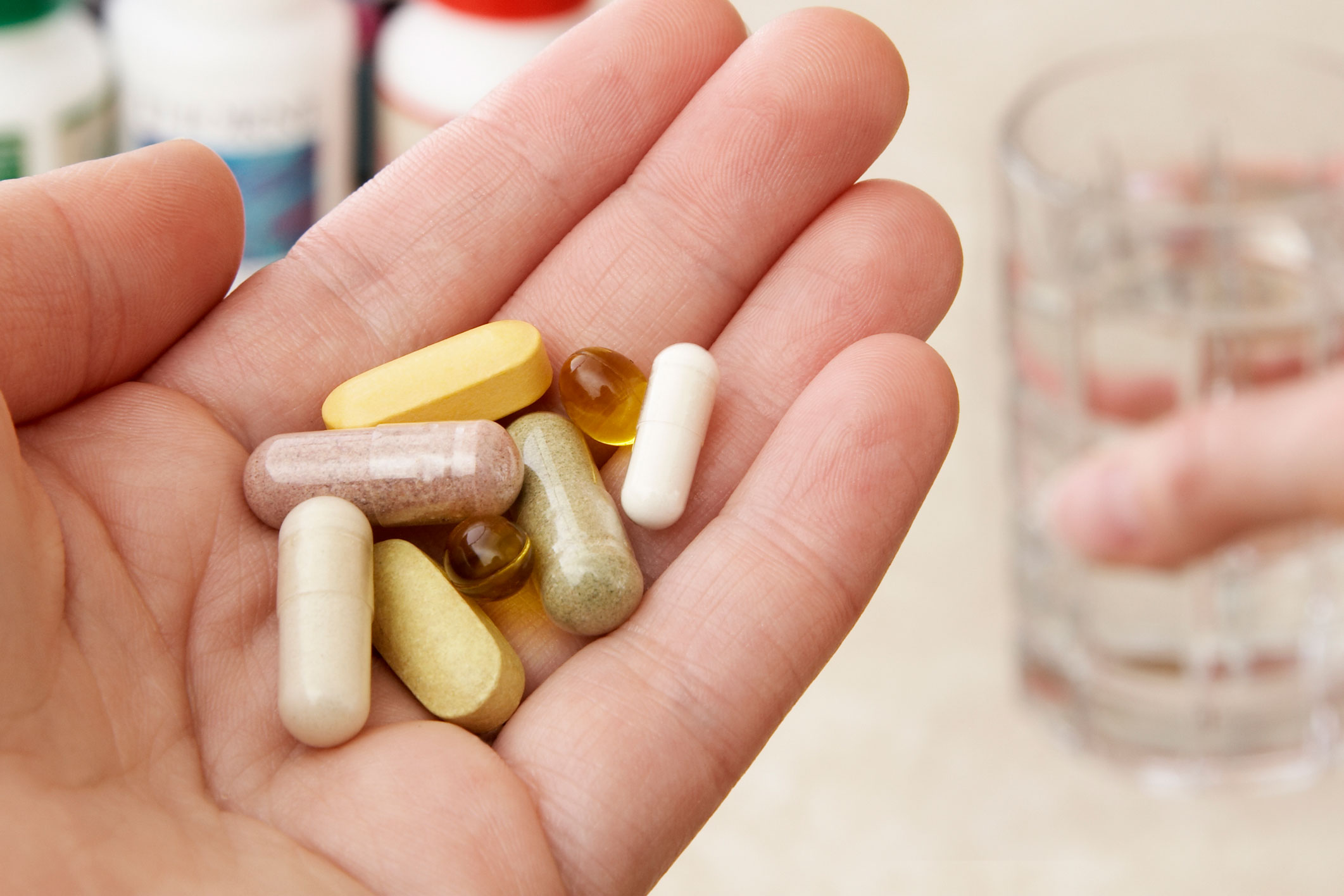
Nutrivigilance
Food supplements, novel foods, fortified foods or so-called energy drinks: these products can cause adverse effects when consumed. To identify them promptly and better protect consumer health, ANSES set up a vigilance scheme for food known as nutrivigilance.
What do you mean by nutrivigilance?
The purpose of this scheme is to improve consumer safety by rapidly identifying any possible adverse effects associated with the consumption of certain foods. There are different types of adverse effects with varying degrees of severity, ranging from simple itching to severe diseases such as pancreatitis or heart problems, and including headaches or stomach ache, for example.
What foods are covered/concerned by nutrivigilance?
- food supplements: concentrates of nutrients, plants or other substances in measured doses;
- Fortified foods or beverages: foods supplemented with vitamins, minerals or other substances, amino acids or herbal extracts, such as so-called energy drinks, milk fortified with vitamin D, certain nutrient-enriched vegetarian products, etc.;
- novel foods and novel ingredients: foods that were not consumed in Europe before 1997 or that have been produced from new sources, with new substances or technologies, such as guar gum, noni juice, dehydrated baobab fruit pulp, etc.;
- products intended as food for specific categories of the population: infant formulas, products for patients suffering from metabolic disorders or malnutrition, etc.
Implementation of the national nutrivigilance scheme was entrusted to the Agency in 2009. Since then, more than 5000 reports have been registered, with an average of 1000 reports per year in recent years.
Who can report adverse effects?
Healthcare professionals, such as doctors, pharmacists, midwives and masseur-physiotherapists, but also dieticians, manufacturers or distributors, who observe or become aware of adverse effects associated with the consumption of these foods.
Individuals can also report adverse events online. However, they are advised to ask a healthcare professional to submit reports on their behalf.
Healthcare professionals are the key to a dynamic and effective scheme. During consultations, consider asking your patients about their consumption of food supplements and other food products. By reporting adverse effects you become aware of, you are helping to improve knowledge of these products and consumer safety!
How do I submit a report?
Adverse effects can be reported on our dedicated website. The online report is organised into six steps and takes only a few minutes to complete :
- Reporter
- Consumer
- Products
- Adverse effects
- Associated consumption
- Comments
Once the entire form has been filled in and validated by the user, they receive a summary by email.
The consumer's anonymity is always preserved when reports are registered.
How are the reports used?
Reports of adverse effects received by ANSES are analysed by a group of doctors who assess the severity of the adverse effect and the probability of a link between consumption of the product and occurrence of this effect, i.e. the causality.
In the event of strong causality and high severity, the Agency alerts the public authorities so that measures can be taken, such as inspecting products, changing their labelling, amending regulations or even withdrawing products from the market.
Depending on the effects observed, the number of cases received and their causality, the Agency may act on its own initiative to conduct an assessment of the risks associated with consumption of these products or ingredients. These assessments lead to scientific opinions that are submitted to the relevant ministries, to enable them to take appropriate management action. These opinions are accompanied by recommendations intended for healthcare professionals, consumers and manufacturers.
Nutrivigilance – Main work published by ANSES:
Since the scheme was first set up in 2009, ANSES has published risk assessments on a wide range of products monitored by nutrivigilance. Here are a few examples:
- Food supplements containing melatonin (2018)
- Food supplements containing spirulina (2017)
- Food supplements for pregnant women (2017)
- Food supplements for athletes (2017)
- Food supplements containing red yeast rice (2014)
- Food supplements containing p-synephrine (2014)
- Energy drinks (2013)
ANSES also issues opinions from time to time to publicise cases with strong causality and high severity.